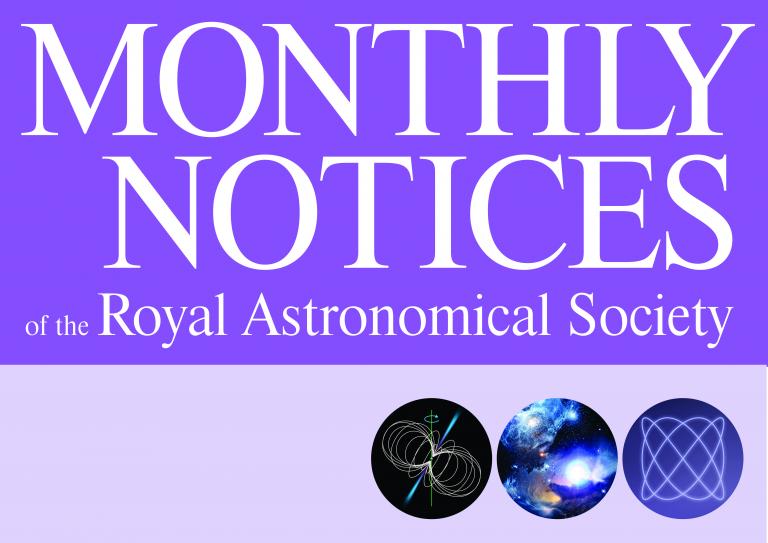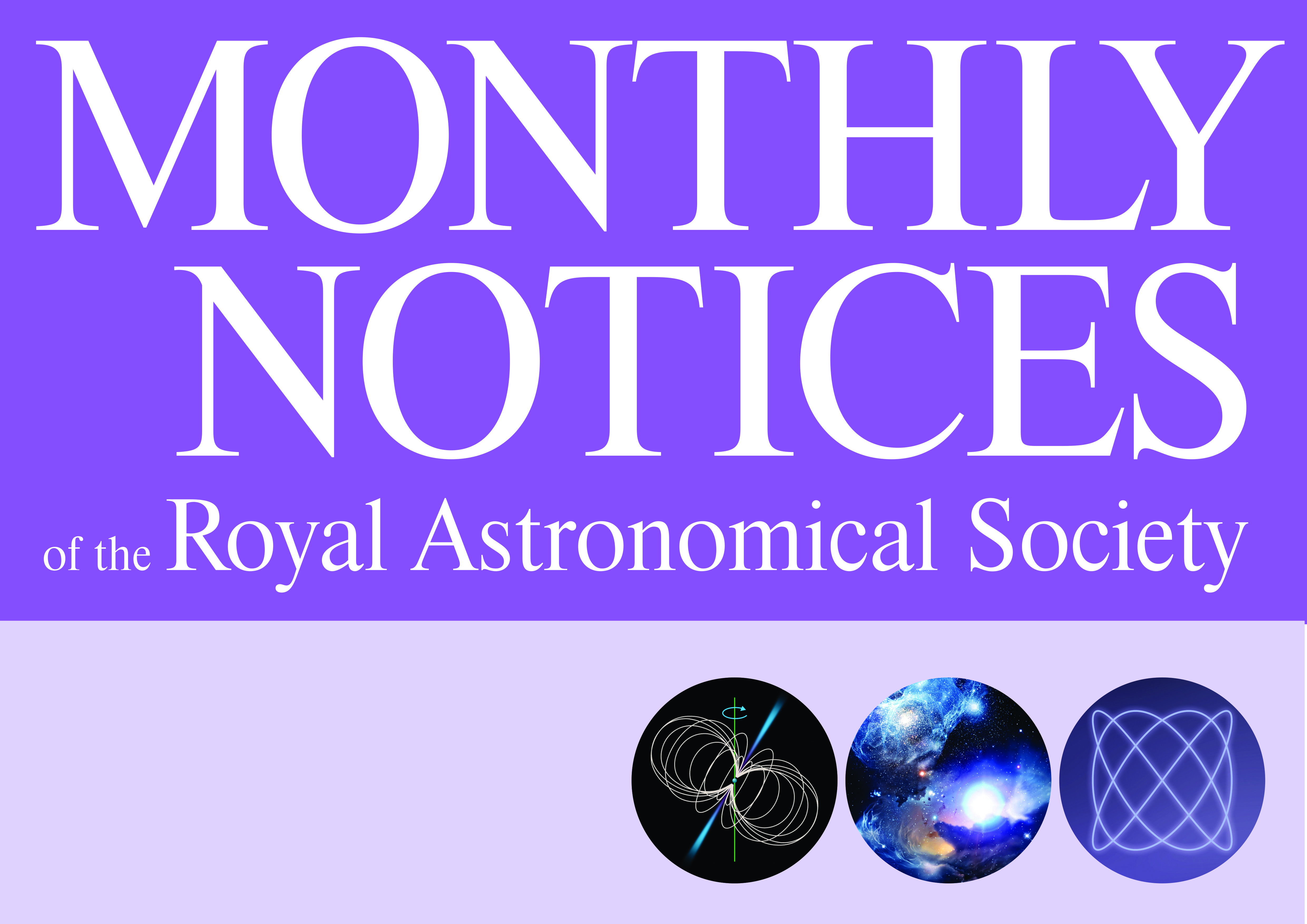 Blog
BlogLearning on the job
Joe Davies tells all about his time as a summer intern on Monthly Notices of the Royal Astronomical Society.
 Blog
BlogJoe Davies tells all about his time as a summer intern on Monthly Notices of the Royal Astronomical Society.

Joe Davies tells all about his time as a summer intern on Monthly Notices of the Royal Astronomical Society.
When I was a physics undergraduate, I learned how to write literature reviews, articles and a dissertation, so had a good idea of how to write an academic paper. But I didn’t know what happened next. So when the opportunity came for a summer internship in the editorial office at the Royal Astronomical Society, I jumped at the chance. A few weeks, an interview and a tour around the beautiful building later, I was an assistant editor for the journal Monthly Notices of the Royal Astronomical Society(MNRAS).
When a manuscript is sent to MNRAS, the first thing that happens is that it is checked for any overlap with published work, then it is sent to one of the scientific editors. This editor will be supported by an assistant editor, which is where I came in! My role was to keep everything running smoothly behind the scenes by making sure that papers were sent to the right reviewer, that the submissions were readable and that any technical difficulties were ironed out. I checked everything from the length of the abstract to the size of the text in figures, while the editor and the reviewers they chose would examine the scientific content. Each submission can go through many revisions before publication and every one of them is different. The amount of work that goes into publishing just one is nothing to be sniffed at; multiply that by 20–40 submissions a day and the time and effort needed become enormous.
Thankfully the team at the RAS is fantastic. I was worried that an institution as prominent and old as this one wouldn’t facilitate a relaxed work environment, but that wasn’t the case. I found myself surrounded by a small but very dedicated team of intelligent people, intent on making sure the journals published were of high quality. The passion for the scientific process was clear every day and they had no qualms in helping me do the job better whenever I needed it.
I was also offered the opportunity to get involved in the press side of things, writing press releases for the Perseid meteor shower and the Special Breakthrough Prize in Fundamental Physics won by Jocelyn Bell Burnell (a previous RAS president). I was also given the chance to write a series of three articles for the RAS website. It was a fantastic way of learning how to write for a different audience. I didn’t realize some of the subtleties one needs to consider when writing for someone other than a scientist. Chiefly I had to consider my choice of words when it comes to making a claim – nothing can be written without evidence to justify it.
I have thoroughly enjoyed my time at the RAS. The lessons I have learned will serve me well and the people that taught me them couldn’t have been friendlier. To everyone at the RAS, thank you!
If you would like to submit an article to A&G Forum then please go here.